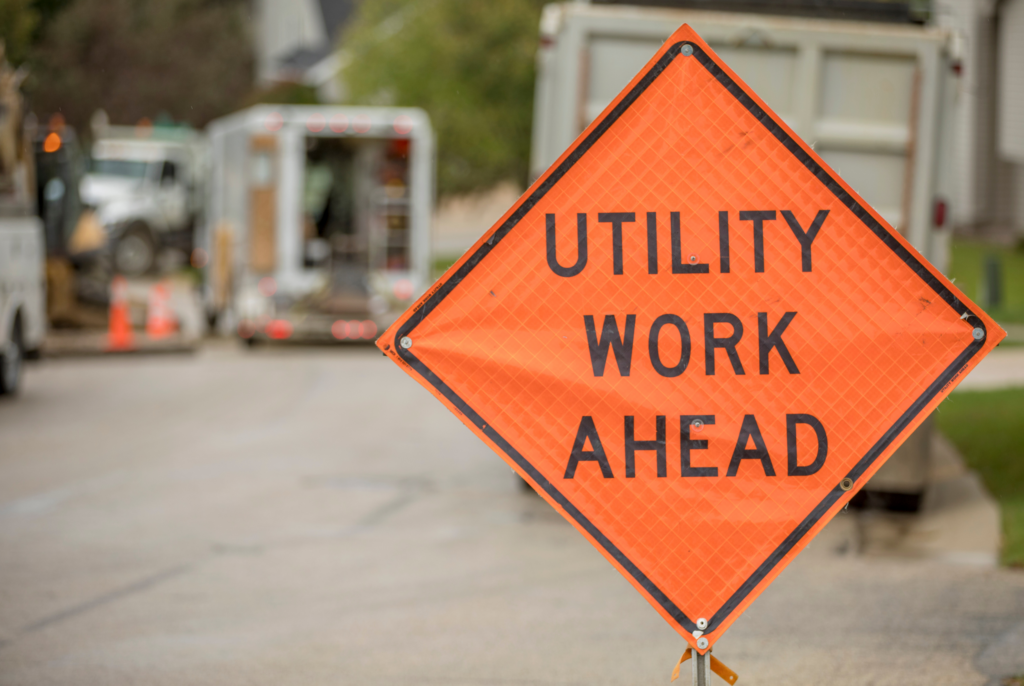The consequences of lead on communities are serious regardless of whether the municipality or an investor-owned utility (IOU) owns the water delivery system. If your community is served by an IOU, the mayor is not directly responsible for protecting public health from lead pipes, but rather serves as an advocate or trustee, rallying public opinion as necessary to influence key issues of concern.
Many mayors already present evidence or organize presentations to the state public utility commissions including in the following areas, which serve as examples and provide frameworks for lead pipe replacement oversight:
- Financial – While local officials often set water rates unilaterally for publicly-owned utilities, state regulators set the charges issued by IOUs, including a profit (i.e., cost of equity) factor that is added to capital projects to ensure a reasonable rate of return to IOU shareholders. State law can prohibit IOUs from charging a profit factor on customer-owned lead service lines (for example, see section 6a.(2) of New Jersey law P.S. 2021 c.183). Where such laws don’t exist, a mayor can play an important role in negotiating prohibitions on profits in the IOU’s contract for replacing privately-owned lead service lines.
- Capital Needs – Mayors may act as a “conduit” for local residents, focusing the IOU’s attention on vital capital projects in an underserved part of the community.
- Oversight/Transparency – To ensure reliable water service at a fair price, IOU contracts may enable mayors to appoint a representative to local oversight commissions.
- Federal/State Relations – Mayors often assist IOUs in lobbying for important legislative and policy issues, including securing a fair share of financial assistance for capital needs.
Reach out to your IOU to discuss what their plans are for lead service line replacement, and ask how you can help them secure the resources needed to replace lead pipes in your community. To ensure success, close coordination will be necessary.



